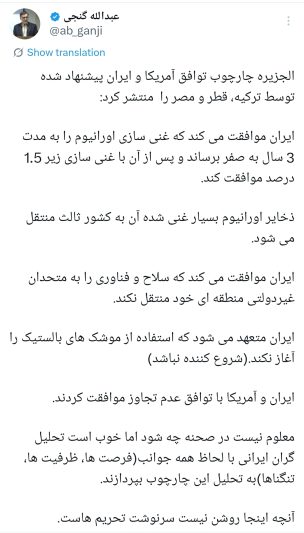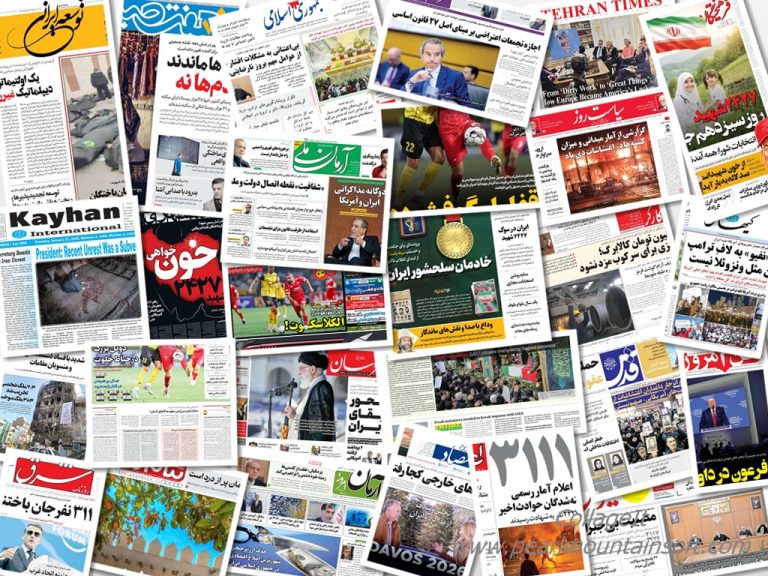Minister Calls for Policy Review as VPN Proliferation Highlights Complex Digital Challenges
In a significant address, Iran’s Minister of Communications and Information Technology, Ahmad Vahidi, has underscored the need for a serious reassessment of the nation’s digital governance policies, framing widespread VPN usage as a multifaceted challenge with cultural, security, and economic dimensions.
Acknowledging Policy Outcomes
The Minister’s comments were prompted by recent official statements indicating that approximately 80% of citizens utilize VPNs and circumvention tools. Minister Vahidi noted that such a statistic officially confirms that the current filtering policies have not only been unsuccessful but have also produced counterproductive results. He emphasized that from cultural, security, and public satisfaction perspectives, broad filtering has yielded no benefits for the nation.
Security and Infrastructure Concerns
Minister Vahidi identified the massive use of VPNs as a primary factor disrupting the country’s communication infrastructure. He explained that when a majority of users employ these tools, it degrades network quality for everyone and complicates the state’s ability to monitor and manage network traffic effectively. This, he stated, transforms the digital landscape into a security challenge, as filtering, rather than solving problems, has made them more complex.
Economic and Scientific Impact
Beyond security, the Minister highlighted the negative repercussions for Iran’s scientific community and knowledge-based companies. He pointed out that access to international tools and platforms is essential for research and development in technology firms and research centers. The blocking of these vital resources simultaneously hinders scientific and economic progress, putting Iranian innovators at a disadvantage.
A Proposed Path Forward
To address these issues, Minister Vahidi proposed a pragmatic initial step: the state could unblock several key, high-demand public services. He argued that by providing legal access to essential platforms, the public’s need for VPNs would diminish, which would in turn reduce overall exposure to inappropriate content.
He acknowledged that ultimate decision-making authority in this domain rests with the Supreme Council of Cyberspace, not solely with the government. However, he expressed hope for increased dialogue and interaction with the members of these councils, whom he described as upstanding and expert individuals, to understand their reasoning and find common ground.
A Call for Proactive Engagement and Dialogue
Minister Vahidi called for more active and persistent engagement from all relevant government bodies, including the Ministry of Communications. He stressed that resolving this issue requires continuous follow-up, lobbying, and interaction, moving beyond mere statements and interviews.
Referencing his own experience in navigating complex legislative processes through dialogue and perseverance, the Minister expressed confidence that a solution is achievable. He concluded by stating that the situation need not be overly complicated and that with proactive management, a willingness to set aside conservatism, and a priority on dialogue, the digital space can be effectively managed for the benefit of the nation’s security and development.


